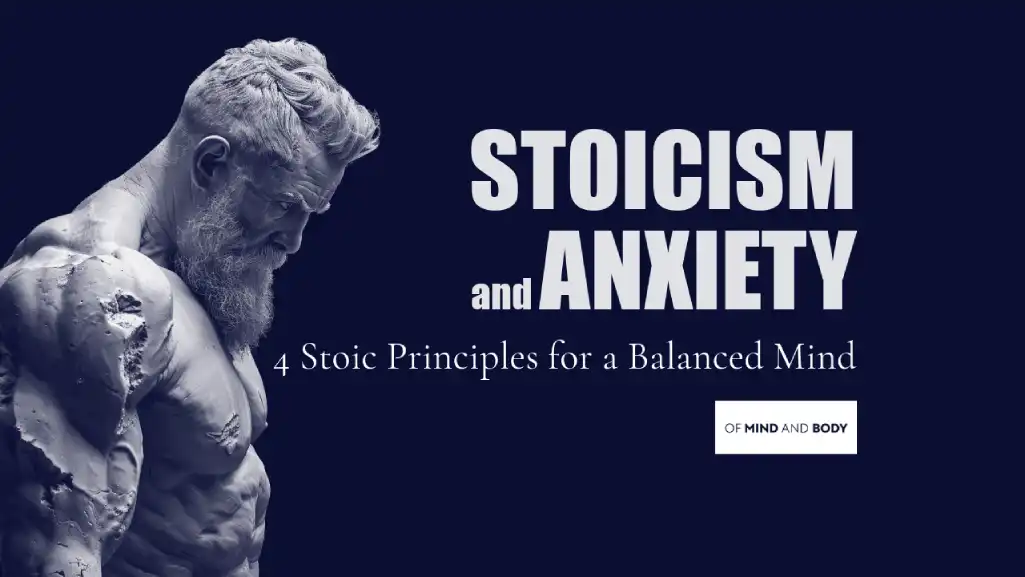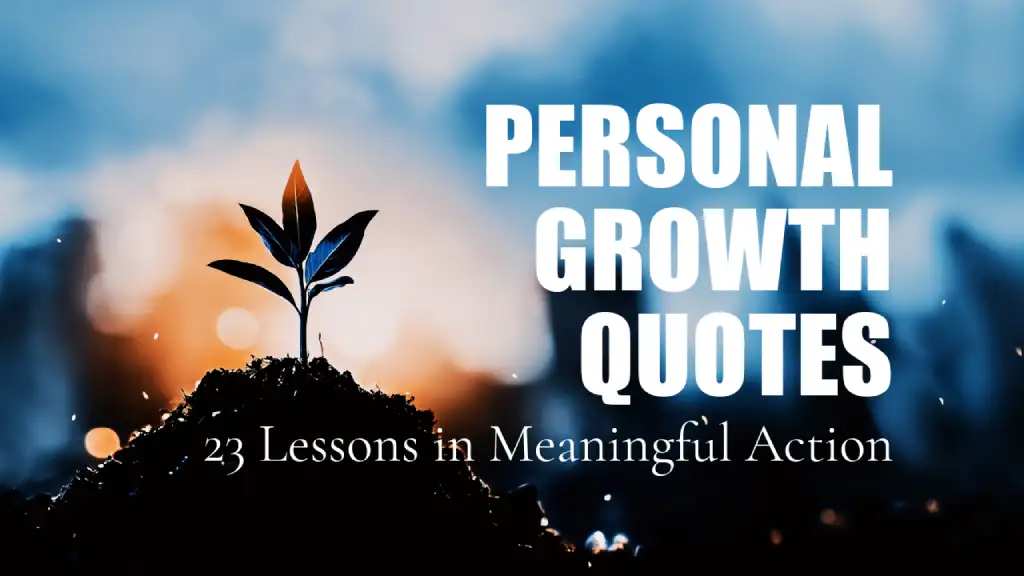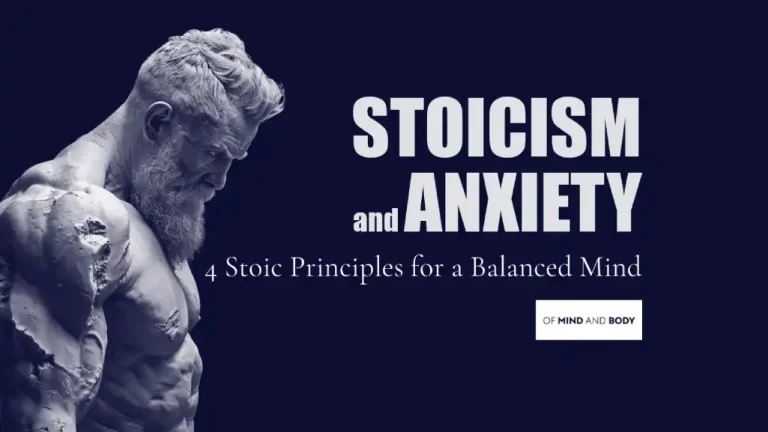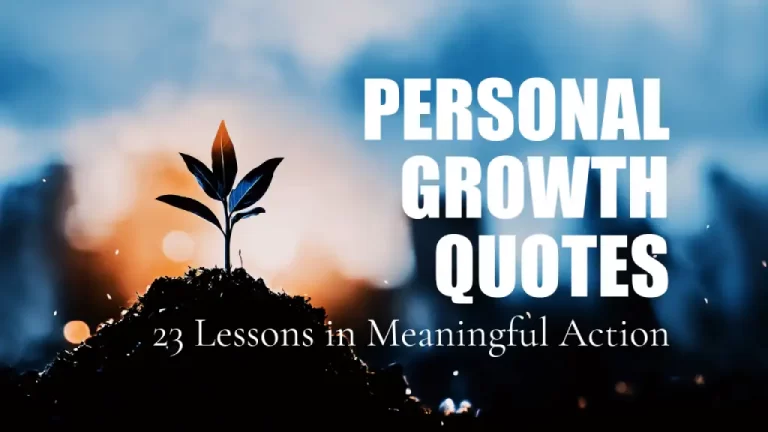Carol S Dweck Ph D identified 2 basic mindsets in her book “Mindset, the new psychology of success.”
The Stanford psychologist put forward 2 diametrically opposed sets of assumptions and beliefs that people generally hold about themselves.
Fixed Mindset and Growth Mindset.
People with a Fixed Mindset believe that their character, intelligence and creative ability are static and cannot be changed in any meaningful way.
On the other hand, those with a Growth Mindset believe that these traits can be changed through continued effort and skill development.

What does this mean for our wellbeing?
Which mindset you adopt for yourself will profoundly affect the way you lead your life and transform your relationship with failure.
These 2 mindsets lead us to deal with stress and challenges in very different ways.
Fixed Mindset
A belief that your qualities are carved in stone causes the need to prove yourself over and over again. Any test of your values is a direct challenge to you, and a need to confirm your status.
Success is about establishing superiority, and failure is a sentence and a label.
If you don’t succeed , then you are a failure
If you aren’t smart, then your are stupid
If you aren’t accepted, you are rejected
If you don’t win, you are a loser
This can lead to a tendency to:
- Avoid challenges
- Give up easily when faced with obstacles
- See effort as fruitless
- Ignore useful negative feedback
- Feel threatened by the success of others
And as a result people with a fixed mindset tend to plateau early and achieve less than their full potential.
Growth Mindset
Those who adopt a growth mindset tend to thrive on challenges and see failure, not as evidence of being unintelligent but as an opportunity for growth and stretching their existing abilities.
The belief that your current situation is just a starting point to continued growth allows you to cultivate and develop key characteristics and qualities through effort and experience.
As a result, people with a growth mindset tend to:
- Embrace challenges
- Persist on the face of setbacks
- See effort as the path to mastery
- Welcome and learn from criticism
- Find inspiration and lessons from the success of others
As a result people with a growth mindset reach higher levels of achievement.

Mindset and Physical Wellbeing
It’s not hard to extrapolate and see how your mindset will affect your physical wellbeing.
Say, for example, you are overweight, in poor physical condition, and you are faced with a challenge. Run 10 kilometres. The chances are if you attempted to run 10 Km right now, the results would be far from optimal.
Does this mean that running 10Km will never be achievable?
Far from it. We know fine well that improving our physical fitness is possible through sustained training and development. If we can change our habits and commit to continued growth over time, we know that the possibilities are almost endless.
Not all of us will achieve the goals we set out for ourselves in this area, but why is that?
If you ever say to yourself “I’m not fit enough to do that”, the chances are you have a fixed mindset. “This is the level of my fitness, so what’s the point in even trying?”
The challenge of attempting such a feat would just be confirmation of your lack of fitness.
Adopting a growth mindset will allow you the freedom to relish the challenge of pushing yourself harder, and see any “failure” as an opportunity for improvement and growth.
“Personal success is when you work your hardest to become your best.”

In Conclusion
If we are to improve our state of wellbeing our mindset should be at the top of our list of priorities.
Improvement implies movement from one state to another. Movement from one state to another (better) state. This requires us to be willing to be flexible and pliable – the antithesis of fixed.
If you have a fixed mindset it is likely that you would think about self improvement in a negative way. Your internal monologue of judging and evaluation is constantly evidence gathering to support the rigid view you have of your abilities and capabilities.
The mere thought of considering that you have room for improvement would be a threat to your emotional status.
You may consider such exploits fruitless, a waste of time, and at worse a direct threat to your deep rooted sense of identity.
What’s the point? This is the way I am, and that’s just the way it is.
“The laws of possibility expand when the unimaginable is imagined and then made real through systematic effort.”
– Maria Popova
Adopting a growth mindset will change this fundamental belief, and should be high on the agenda if one is to attain improved wellbeing. A voracious appetite for learning and seeking out information that can be metabolised into constructive action.
Not only does a growth mindset improve our wellbeing but it is an essential part of our cognitive toolkit in the quest for a more examined life. It is the framework on which we will make sense of the challenges thrown at us day to day.













3 responses